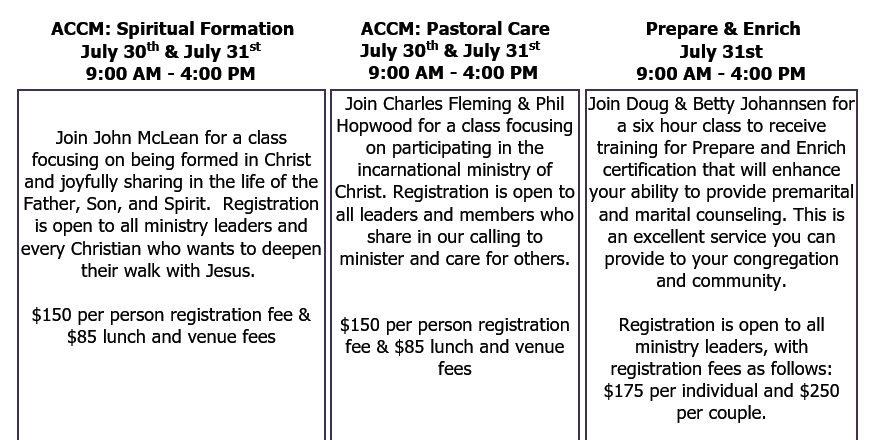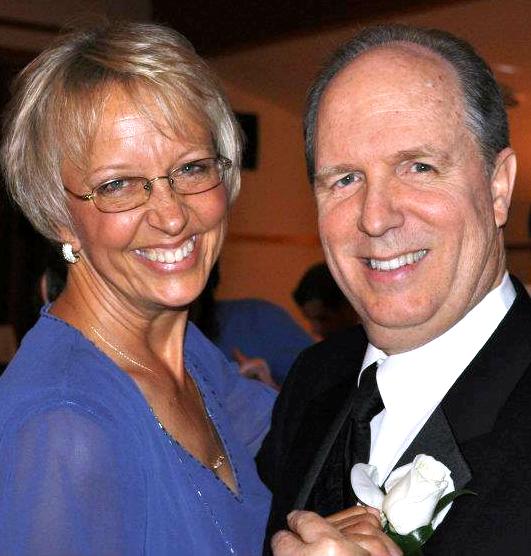Dear Brothers and Sisters,

Those who seek to disprove the doctrine of the Trinity use various arguments in making their case—we’ll address two frequently used arguments in this letter. The first goes like this: the Trinity doctrine is not biblical because the Bible does not teach that the Holy Spirit is divine. As evidence, they point to passages in the New Testament (like Rom. 1:7) that mention God the Father and God the Son (Jesus Christ), but omit mention of the Holy Spirit. They then note that if the Holy Spirit is God, this omission is a terrible insult to the Spirit. Is this argument convincing? No, it has several flaws, including these:
- The argument falsely assumes that all three Persons of the Trinity would always be mentioned together if they were equally divine. But this assumption has no scriptural merit. Several passages mention the Son without mentioning the Father, and vice versa. Additionally, the book of Acts often mentions the Spirit without also mentioning the Father and/or the Son.
- The argument fails to take into account the many passages (about 65 in all) where the Father, Son and Spirit are mentioned together. Among those passages are Matt. 28:19; Luke 1:35; various places in John 14 through 16; Rom. 15:16; Gal. 5:6; Eph. 4:4-6; 2 Thess. 2:13; Titus 3:5-7; and Jude 1:19-21. Note also that any one of the divine Persons can be mentioned first when all three are being named—God the Father is mentioned first in the Matt. 28:19 baptismal formula, God the Son is mentioned first in the benediction in 2 Cor. 13:14, and God the Holy Spirit is mentioned first in the discussion of the Spirit’s work in the church in 1 Cor. 12:4-6.
- The argument falsely contends that offense occurs when the Father is mentioned without the Son, the Son without the Father, the Spirit without the Father or the Son, etc. However, the three Persons of the Trinity are one God, which means they exist eternally in perfect union and communion. To attribute to them an immature human reaction like taking offense would be to place them on our level. This part of their argument is not only unwarranted, it is foolish.
- The claim that the Spirit is not divine is usually followed by the equally false claim that the Spirit is merely a power God uses. This claim is highly problematic because it implies that God is not omnipotent in that he needs a power outside himself to accomplish his work and will.
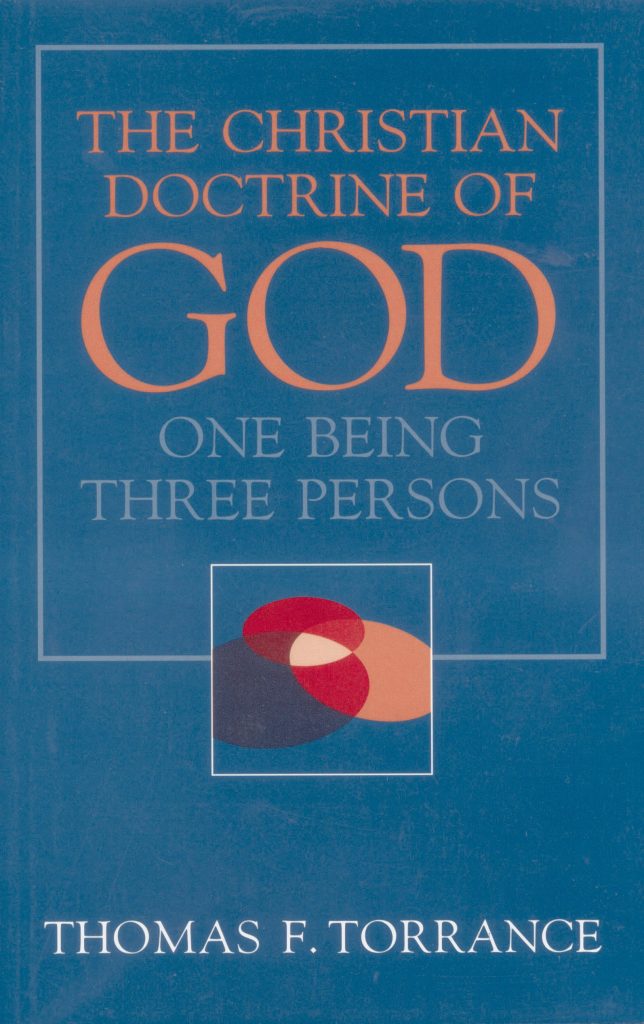 A second, and related argument used in trying to disprove the doctrine of the Trinity is that the New Testament does not give a personal “face” to the Holy Spirit in the way it does to the Father and the Son—therefore, the Bible does not teach that the Spirit is divine. Is this argument convincing? No, it requires that one turn a blind eye to the many passages in the Bible that speak of the Holy Spirit’s personal ministry. That work is principally to point people to Jesus who, as God incarnate, is the only Person of the Trinity with a literal face. Concerning the Spirit and his ministry, note this comment from T. F. Torrance:
A second, and related argument used in trying to disprove the doctrine of the Trinity is that the New Testament does not give a personal “face” to the Holy Spirit in the way it does to the Father and the Son—therefore, the Bible does not teach that the Spirit is divine. Is this argument convincing? No, it requires that one turn a blind eye to the many passages in the Bible that speak of the Holy Spirit’s personal ministry. That work is principally to point people to Jesus who, as God incarnate, is the only Person of the Trinity with a literal face. Concerning the Spirit and his ministry, note this comment from T. F. Torrance:
The Holy Spirit is God himself speaking although he is not himself the Word of God. It was not of course the Spirit but the Word who became incarnate, and so the Spirit does not bring us any revelation other than or independent of the Word who became incarnate in Jesus Christ. The Holy Spirit has no “Face”, but it is through the Spirit that we see the Face of Christ and in the Face of Christ we see the Face of the Father. The Holy Spirit does not manifest himself or focus attention upon himself, for it is his mission from the Father to declare the Son and focus attention upon him. It is through the speaking of the Spirit that the Word of God incarnate in Christ is communicated to us in words that are Spirit and Life and not flesh. (The Christian Doctrine of God: One Being Three Persons, p. 63)
Note also these two passages in John’s Gospel where Jesus tells his disciples about the Holy Spirit and his personal ministry:
I will ask the Father, and he will give you another advocate to help you and be with you forever—the Spirit of truth. The world cannot accept him, because it neither sees him nor knows him. But you know him, for he lives with you and will be in you. (John 14:16-17)
When he, the Spirit of truth, comes, he will guide you into all the truth. He will not speak on his own; he will speak only what he hears…. He will glorify me because it is from me that he will receive what he will make known to you. (John 16:13-14)
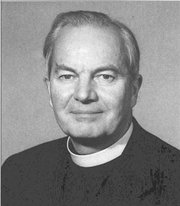
Though we find throughout Scripture personal references to the Father and the Son, an absence of such references to the Holy Spirit does not negate his divinity. In that regard, note this from Thomas F. Torrance:
While God the Father and God the Son are revealed to us in their distinctive personal subsistences [existence as persons]… God the Holy Spirit is not directly known in his own Person… for he remains hidden behind the very revelation of the Father and the Son which he mediates through himself. He is the invisible Spirit of Truth who is sent from the Father in the name of the Son, but not in his personal name as the Holy Spirit, and thus does not speak of himself, but declares of the Father and the Son what he receives from them, while effacing himself before them…. He is the invisible Light in whose shining we see the uncreated Light of God manifest in Jesus Christ, but he is known himself only in that he lights up for us the Face of God in the Face of Jesus Christ. (The Christian Doctrine of God: One Being Three Persons, p. 51)
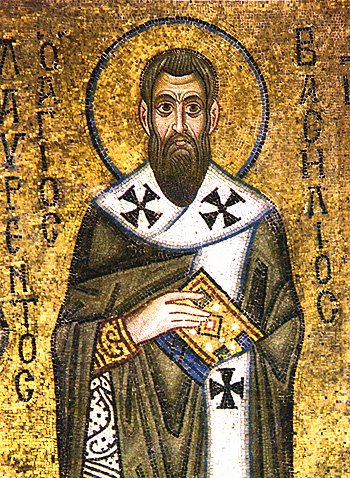
Basil of Caesarea, a prominent theologian of the early church (4th century), makes a similar comment: “Our mind, enlightened by the Spirit, looks towards the Son, and in him as in an image, sees the Father” (Letters of Basil, quoted in Torrance, The Trinitarian Faith, p. 212). The phrase, “enlightened by the Spirit,” brings joy to my soul! The Holy Spirit, who is the Spirit of truth, lights up the truth—he shows us Jesus, who then shows us the Father. Here we have God shining upon God, revealing to us a God we can relate to in Jesus. We cannot know Jesus without this illumination from the Holy Spirit.
Praise the Father, praise the Son, praise the Holy Spirit!
I conclude with one of Paul’s Trinitarian benedictions: “May the grace of the Lord Jesus Christ, and the love of God, and the fellowship of the Holy Spirit, be with you all” (2 Cor. 13:14).
Rejoicing in the reality of relationship with our Triune God,
Joseph Tkach


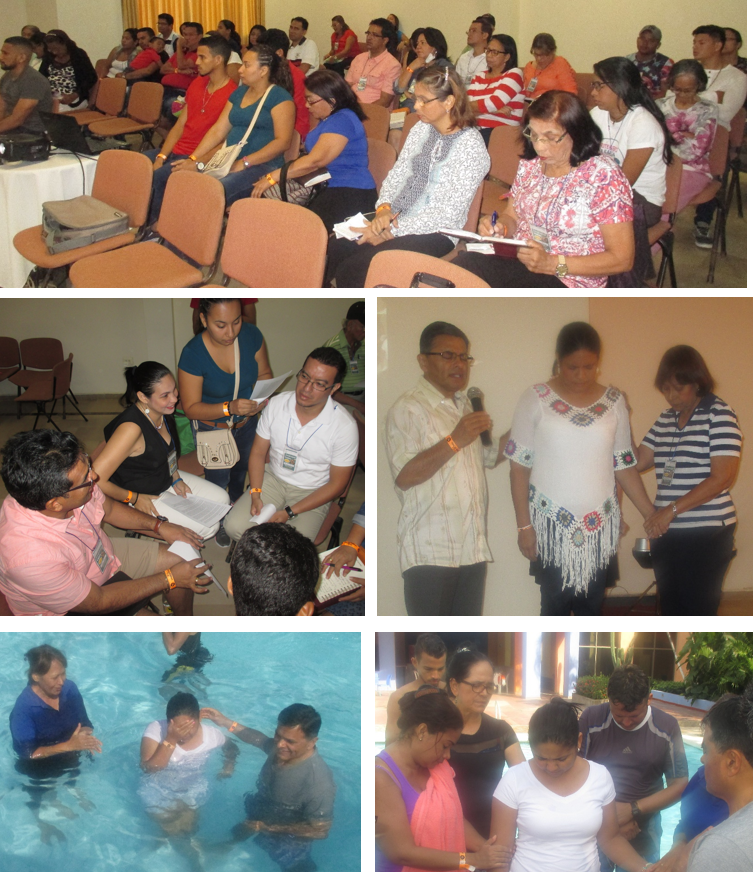
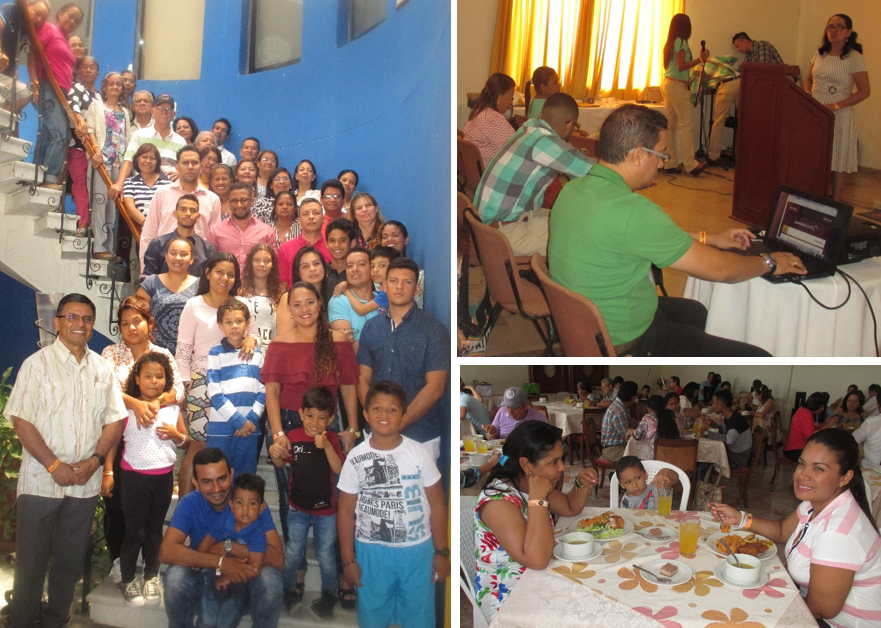
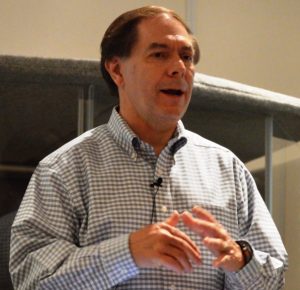

 We are pleased to announce that three special classes will be offered prior to GCI’s Denominational Conference in Orlando, Florida.
We are pleased to announce that three special classes will be offered prior to GCI’s Denominational Conference in Orlando, Florida.